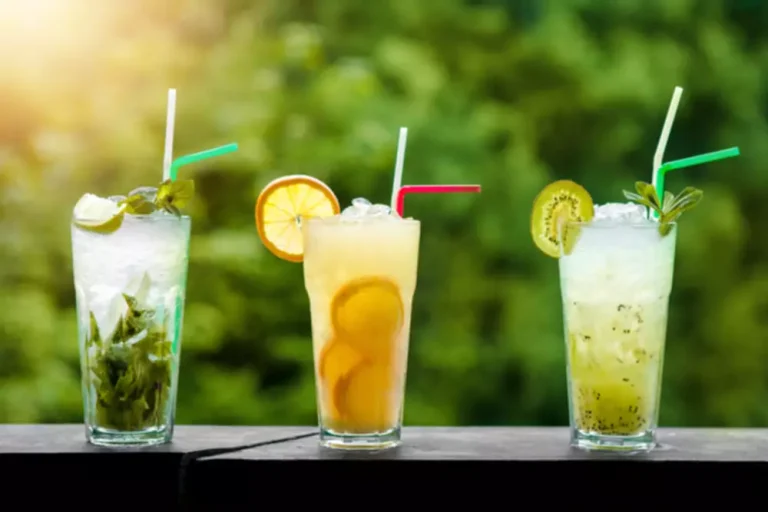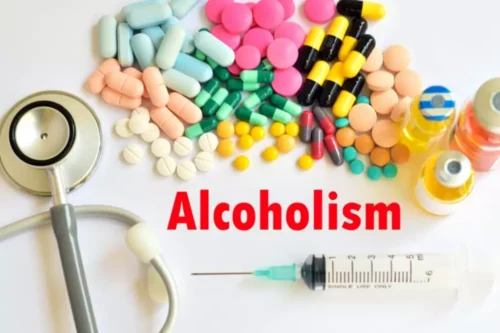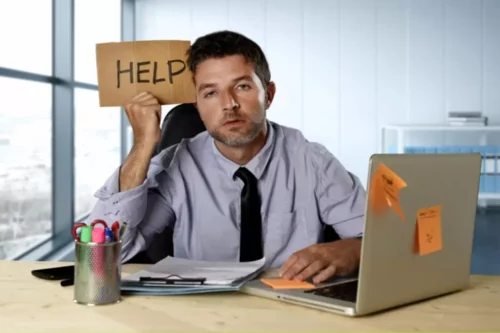Heres How to Hydrate Your Body After Drinking Alcohol
1win: ваш Высококлассный Портал дли Ставок Онлайн Платформа 1win Является вторым Из Лидеров и Рынке Онлайн-ставок, предлагалось Пользователям Широкий Спектр Возможностей Для Ставок На Спорт, Игр В Казино, а Также Киберспортивных событи
29 Gennaio 2023“1win Online Betting Resmi Site Türkiye’de Kayıt, Giriş, Incelemeler, Bonuslar Ve Uygulama Indirme 1 Win Gamble Oyna Ve Kazan
2 Febbraio 2023Heres How to Hydrate Your Body After Drinking Alcohol

High sodium intake from salty foods leads to increased urine production. This is because when your sodium levels increase due to high salt intake, your kidneys have to increase urine output to keep your blood levels of sodium within normal limits. If you’ve been drinking and are experiencing alcohol dehydration symptoms, you need to restore your body’s fluid balance. Here’s how to rehydrate properly and recover from alcohol dehydration. In addition, increased urination can cause the loss of electrolytes, especially potassium and sodium, which are crucial for maintaining the body’s fluid balance.
Are energy drinks good for hydration?

This happens at a rate of about one beer, a small glass of wine, or one shot of liquor per hour. Your specific hydration needs may depend on factors like your activity levels, body weight, and the environment in which you live. However, a general recommendation is that adult women consume 11.5 cups (2.7 liters) of water per day and adult men consume 15 cups (3.7 liters). Studies have also linked energy drinks to serious side effects, including anxiety, rapid and irregular heartbeat, kidney injury seizures, and death. If you don’t feel better from drinking plain water, try adding an electrolyte mix to water or drinking a low-sugar sports drink that contains electrolytes.
How long does it take to rehydrate your body after drinking alcohol?
- On the other hand, some studies show that certain beverages that are often believed to be dehydrating are unlikely to affect fluid balance or increase water retention, especially if enjoyed in moderation.
- The consumption of a cold soda may feel refreshing at first but likely will not satisfy a person’s thirst in the long run.
- If you cannot keep up with your fluid losses by drinking enough liquids, you can become dehydrated.
- You can avoid it by regularly drinking water and other fluids and eating foods with high water content.
This is because salt is used to both preserve and flavor processed meats.
- Proper hydration is essential for the body to function correctly.
- Participants who consumed over 500 milligrams (mg) of caffeine daily showed disruptions in fluid balance from the diuretic effects of coffee.
- Many energy drinks are very high in caffeine, which can cause increased urine output in large doses.
- It’s commonly added to energy drinks because it can enhance athletic performance (15).
- In addition, increased urination can cause the loss of electrolytes, especially potassium and sodium, which are crucial for maintaining the body’s fluid balance.
- “The higher the alcohol content a drink has (or is absorbed in your body), the greater the diuretic and dehydration effect.”
How Much Water Do You Need?

You can combat dehydration by cutting back on foods high in added salt, like fast foods, chips, and pizza, and limiting your intake of alcohol and drinks very high in caffeine. Sugary drink consumption is also linked with several health issues, such as an increased https://ecosoberhouse.com/ risk of high blood sugar, heart disease, and more. Experts recommend keeping your daily intake of added sugars below 10% of your total daily calories. Alcohol’s diuretic effects mean it’s difficult to avoid experiencing some level of dehydration from drinking.
The key to avoiding dehydration is to pay attention to how your body responds to alcohol. While very high doses of caffeine can increase urinary output, which causes you to lose more water, low to moderate doses of caffeine have not been linked to this side effect. Like fast food, takeout food, such as burritos, tacos, pasta dishes, and burgers, can contribute to dehydration by increasing your intake of added salt.

However, these beverages are typically laden with sugar and contain high concentrations of caffeine, which explains why consuming sports drinks can cause dehydration and weight gain. Caffeine stimulates urine production and can interfere with the reabsorption of water in the renal tubules, does alcohol dehydrate you which triggers increased water loss and urination. Dehydration occurs when you use or lose more fluid than you take in, and your body doesn’t have enough water and other fluids to carry out its normal functions. Many of these medications work by preventing reabsorption of fluids.

Symptoms of dehydration: What they are and what to do if you experience them
- Understanding how consuming alcohol leads to increased urination requires an understanding of ADH.
- Some of us are more resilient to the effects of alcohol than others, but we should all know our limits.
- Without adequate electrolyte levels, water can’t enter cells and tissues, leaving you at risk of dehydration despite drinking water.
- Fast food, like French fries, cheeseburgers, and fried chicken, is very high in added salt, which can dehydrate you if consumed in large amounts.
